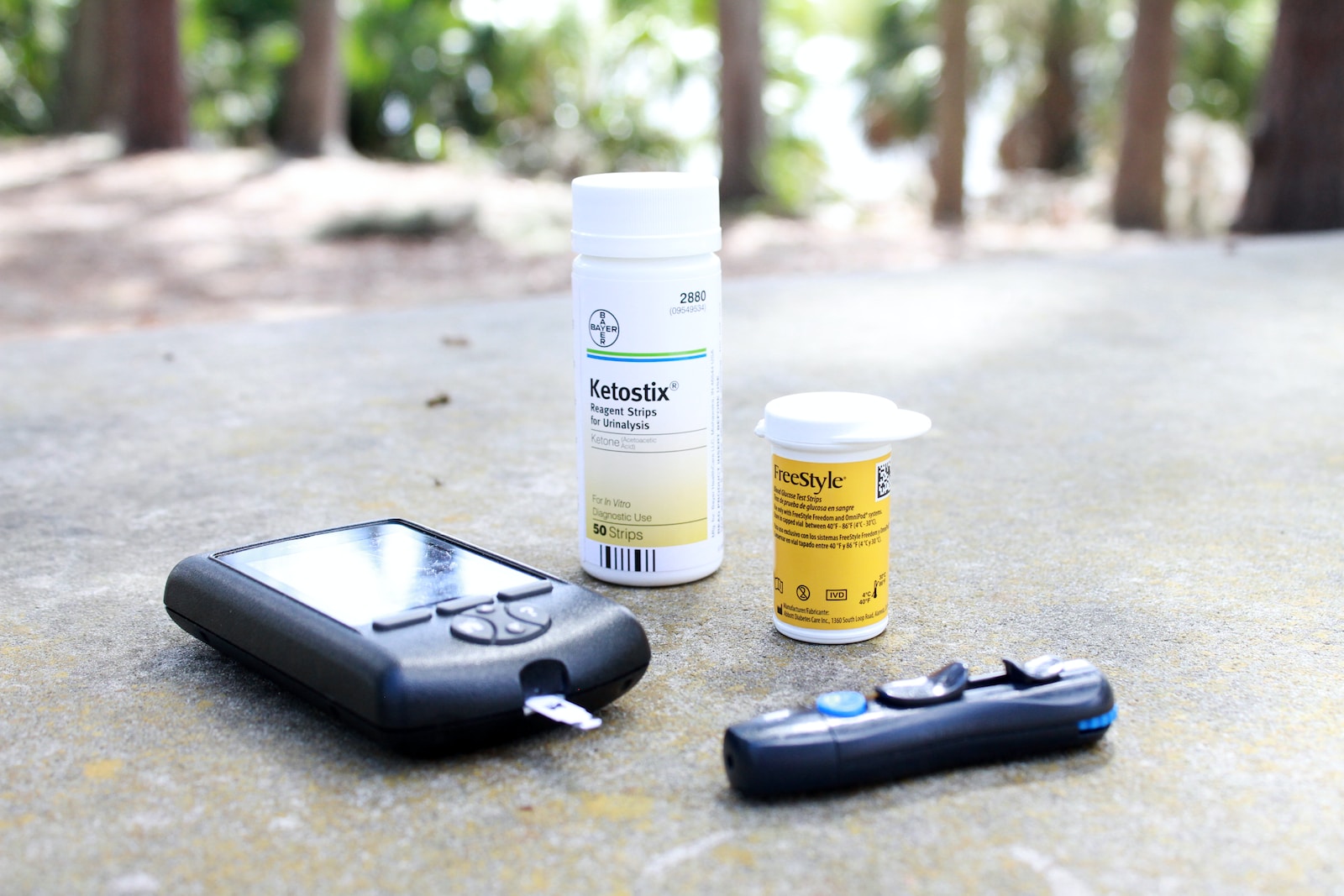Share this article with your network of friends!
Living with diabetes requires careful management and lifestyle adjustments to maintain optimal health and well-being. For seniors, who may be more susceptible to the effects of diabetes, it’s crucial to prioritize self-care and make informed decisions. In this blog post, we will explore important considerations for seniors living with diabetes. By focusing on healthy eating, regular physical activity, blood sugar monitoring, medication management, and support systems, seniors can effectively manage their diabetes and enjoy a fulfilling and balanced life.
1. Healthy Eating and Meal Planning:
A balanced and nutritious diet is fundamental for managing diabetes. Seniors should prioritize consuming a variety of whole foods, including fruits, vegetables, whole grains, lean proteins, and healthy fats. Work with a registered dietitian or diabetes educator to develop a personalized meal plan that accommodates your dietary preferences, portion sizes, and blood sugar goals. Monitoring carbohydrate intake, spacing meals throughout the day, and avoiding excessive sugary foods can help maintain stable blood sugar levels.
2. Regular Physical Activity:
Engaging in regular physical activity offers numerous benefits for seniors with diabetes. Exercise helps control blood sugar levels, improves cardiovascular health, enhances insulin sensitivity, and promotes overall well-being. Consult with your healthcare provider to determine safe and suitable exercise options based on your health condition and mobility level. Aim for a combination of aerobic activities, strength training, and flexibility exercises to maximize the benefits of physical activity.
3. Blood Sugar Monitoring and Medication Management:
Regular monitoring of blood sugar levels is essential for diabetes management. Seniors should have a blood glucose monitoring system and understand how to use it effectively. Work with your healthcare team to establish target ranges for blood sugar levels and adjust medication or insulin doses as needed. Adhering to medication schedules, including oral medications or insulin injections, is crucial for maintaining stable blood sugar control. Keep an organized system for medication management, and regularly review your medication plan with your healthcare provider.
4. Regular Health Checkups and Screenings:
Seniors with diabetes should prioritize regular health checkups and screenings to monitor their overall health and identify any potential complications associated with diabetes. Schedule routine visits with your healthcare provider to assess blood sugar control, blood pressure, cholesterol levels, kidney function, eye health, and foot health. Early detection and management of any emerging issues can help prevent complications and promote optimal well-being.
5. Emotional Well-being and Support Systems:
Managing diabetes can sometimes be emotionally challenging. Seniors should prioritize their emotional well-being and seek support from family, friends, or support groups. Joining diabetes support groups or participating in educational programs can provide valuable resources, guidance, and a sense of community. Additionally, practicing stress management techniques, such as mindfulness, relaxation exercises, and engaging in hobbies or activities that bring joy, can contribute to overall emotional well-being.
6. Emergency Preparedness:
Seniors living with diabetes should be prepared for potential emergencies related to their condition. Maintain an emergency kit that includes essential diabetes supplies, such as blood glucose monitoring equipment, insulin, medications, and contact information for healthcare providers. Communicate your diabetes status and emergency plan to trusted family members, friends, or caregivers. Regularly review and update your emergency plan to ensure you are well-prepared for unexpected situations.
Living with diabetes as a senior requires diligent self-care and consideration of various factors. By focusing on healthy eating, regular physical activity, blood sugar monitoring, medication management, regular checkups, emotional well-being, and emergency preparedness, seniors can effectively manage their diabetes and minimize the risk of complications. Remember, diabetes management is a lifelong journey that requires support, education, and self-advocacy. With proper care and attention, seniors can lead fulfilling lives while effectively managing their diabetes and enjoying optimal health and well-being.
DISCLAIMER: This website contains articles for informational and entertainment purposes only. No articles on this website should be considered as professional advice for any medical, legal, or financial matter. Advertisements and content may contain affiliate links, where the website earns a commission for sales derived from our users.





